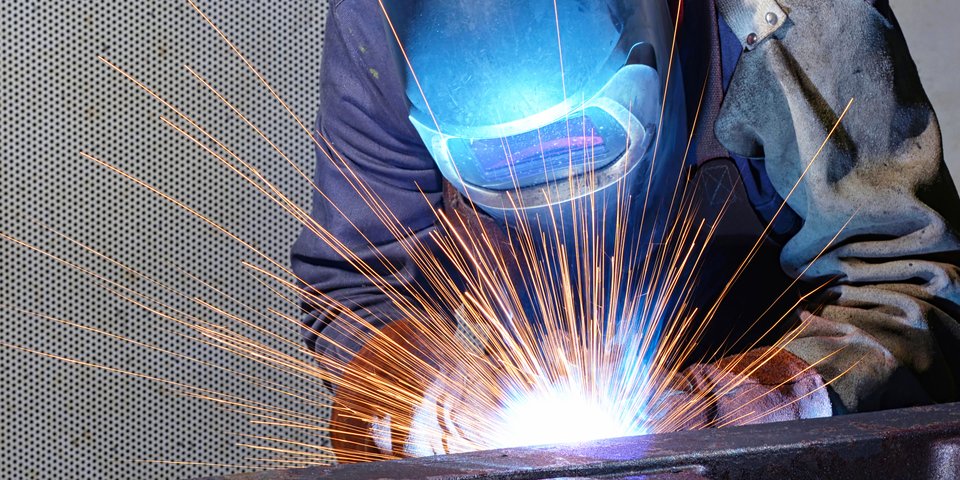 iStockphoto-industryview
iStockphoto-industryviewMore protection from carcinogenic substances at the workplace
European Parliament and Council reach preliminary agreement.
SW – 01/2022
Still under the Slovenian Council
Presidency, negotiators from the European Parliament and the Council managed to
reach a preliminary agreement on the draft of a fourth amendment directive to
the Directive 2004/37/EC on the protection of workers from the
risks related to exposure to carcinogens or mutagens at work. The compromise
goes beyond the proposal presented by the European Commission in September
2020 (see also report
10/2020).
New substances and lower exposure levels
To protect against cancer in the workplace,
exposure limits for three carcinogenic substances are to be introduced or
revised downwards. New occupational exposure limits are to be set for
acrylonitrile, which is found, for example, in adhesives and solvents, and
nickel compounds. Nickel compounds are found in many industrial and consumer
products, among others. The existing limit for benzene, which is used in the
manufacture of pharmaceuticals and plastics, among other things, and is
contained in gasoline, is to be reduced.
Extension of the scope
In addition to setting exposure limits for
acrylonitrile and nickel compounds and lowering the limit for benzene, the
negotiators of the European Council and those of the European Parliament also
agreed to extend the scope of the directive to reprotoxic substances. These
substances have adverse reproductive effects and may impair fertility or cause
infertility. The members of the responsible Committee on Employment and Social
Affairs of the European Parliament had demanded this in their position (see report 04/2021).
The directive is to be renamed the
"Carcinogens, Mutagens and Reprotoxic Substances Directive (CMRD)".
Limits for twelve reprotoxic substances currently addressed in other EU
legislation are to be included in the stricter EU directive on carcinogens and
mutagens.
Better protection against hazardous medicinal products
With regard to hazardous medicinal
products, it has been agreed that workers who handle carcinogenic, mutagenic or
reprotoxic medicinal products should be better trained in their safe handling.
Following consultation with stakeholders, the European Commission is to chalk
out guidelines and standards of practice for the preparation, administration,
and disposal of hazardous medicinal products in the workplace.
Background
As part of the European plan to combat
cancer, the European Commission had proposed to revise the EU directive on
carcinogens and mutagens on 22 September 2020. According to the European
Commission, cancer is the leading cause of work-related death in the EU,
accounting for 52 per cent of work-related deaths in the EU. It further states
that more than one million workers are currently exposed to acrylonitrile,
nickel compounds or benzene at their workplace.
Next steps
The compromise must now be formally
confirmed by the European Parliament and the Council.
